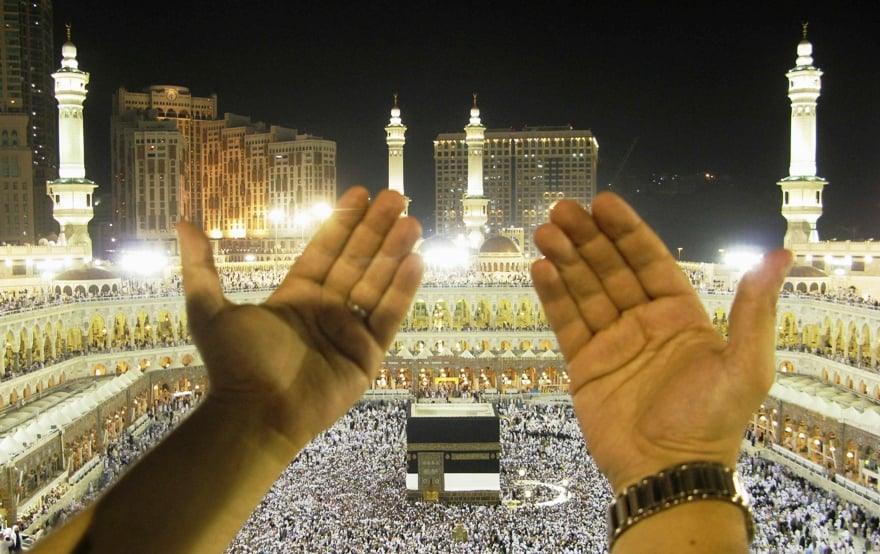Islamabad:
The Ministry of Religious Affairs and interreligious harmony announced Sunday that a Saudi delegation of 45 members arrived in Pakistan to evaluate the arrangements for the ‘Road To Makkah’ project in an attempt to facilitate Pakistani pilgrims during the next Hajj season.
According to Ministry spokesman, Muhammad Umar Butt, Ministry officials warmly received the delegation at the Islamabad International Airport (IIA).
Under the ‘Road To Makkah’ initiative, a total of 50,500 Pakistani pilgrims will travel to Saudi Arabia through designated flights, he said, he added that from these, approximately 28,000 pilgrims will depart from IIA, while 22,500 will fly from the Karachi Jinnah International Airport. He also reported that 100 flights will work from Islamabad and 80 Karachi under the project.
Umar Butt said that dedicated immigration counters will be established for pilgrims both in Islamabad airports in Karachi. Significantly, under the ‘Road To Makkah’ project, the pilgrim immigration procedures will be completed in Pakistan, eliminating the need for authorization upon reaching Saudi Arabia, he said.
Umar Butt said the Ministry has issued important guidelines for pilgrims. He said that it is mandatory that all pilgrims receive essential vaccines before the exit. Pilgrims are advised to visit the nearest Haji camp to receive free vaccines against meningitis, influenza and polyomyelitis, he said, adding that after vaccination, obtaining the yellow vaccination card is mandatory, since entry to Saudi Arabia is not allowed without a valid vaccination certificate.
Umar Butt said that pilgrims over 65 must carry their original COVID-19 vaccination card, since in the absence of the card, superior pilgrims receive instructions to vaccinate in the nearest HAJI camp and obtain a new certificate.
Umar Butt said the Ministry also issued a strong warning against fraudulent Hajj permits. “Pilgrims should only travel with valid and approved Hajj permits,” said the ministry spokesman, added that the Ministry had warned that fraudulent companies and unauthorized ads could deceive pilgrims with false permits, which led to serious consequences.




